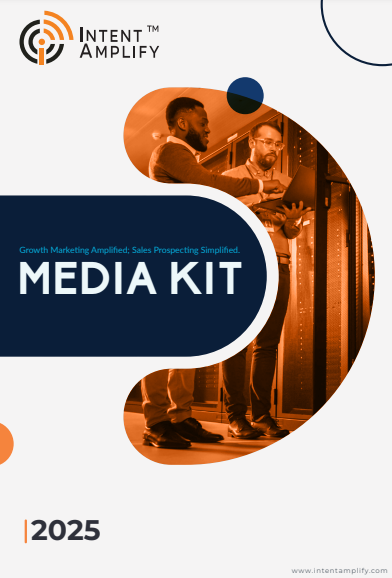
How B2B Marketers Must Evolve SEO for AI Search
- Last updated on: November 25, 2025
SEO as we know it is being rewritten. The days of optimizing for blue links and keyword density are fading fast. Today, search isn’t about who ranks first – it’s about who owns the conversation. With AI-driven search engines like Google’s SGE, ChatGPT Search, and Perplexity reshaping how decision-makers discover insights, B2B marketers must rethink visibility in a world where answers come before clicks.
For technology, SaaS, and fintech brands, this shift is both a challenge and a massive opportunity. AI search doesn’t just crawl your content – it interprets it. It looks for authority, clarity, and contextual depth before deciding which brands deserve to be part of the narrative. The marketers who evolve now – those who teach algorithms what their expertise truly means – will define the next era of digital visibility and revenue growth.
AI Search Is Reshaping Discovery
AI doesn’t search the web like humans. It synthesizes, summarizes, and serves answers directly from credible sources. Traditional keyword ranking is becoming less reliable as generative AI tools prioritize meaning over matching. For B2B marketers, this means your content must now teach algorithms what your brand truly stands for – your expertise, trust signals, and topical depth.
From Keywords to Knowledge Graphs
AI-driven search depends on entities, not keywords. It understands relationships between topics, industries, and intent. Instead of optimizing for “best B2B lead generation agency,” you need to build a web of authority around demand generation, ABM, and marketing technology.
That’s how AI connects your content to broader conversations in your niche.
E-A-T Becomes Non-Negotiable
Google’s Experience, Expertise, Authoritativeness, and Trustworthiness (E-A-T) principles are now amplified by AI. In B2B, this translates to real thought leadership: credible authors, research-backed insights, and original data. Use bylines with executive credibility. Cite industry stats. Publish whitepapers, case studies, and webinars that feed the AI ecosystem with trustworthy context.
Optimizing for AI Summaries, Not Just SERPs
AI summaries favor clarity and authority. Long, complex sentences get lost. Write content that answers “how,” “why,” and “what next” with precision. Use short paragraphs, clean formatting, and scannable structures – exactly how AI reads. Your goal: make your insights the source AI uses to summarize industry trends.
Topic Clusters and Intent Mapping Matter More
AI search thrives on relationships between content pieces. Cluster your content around key intent areas – like “B2B demand generation,” “AI marketing automation,” or “enterprise lead qualification.” Link internally across awareness, consideration, and decision-stage assets. This shows AI your expertise runs deep, not wide.
Zero-Click Content Will Still Drive Value
AI answers often don’t drive traffic – but they drive visibility. Being cited by AI summaries still builds awareness and trust at the top of the funnel. Use structured data, schema markup, and concise intros to increase the odds of being featured in AI-generated snippets.
Integrate SEO With ABM and Content Syndication
The best B2B SEO today isn’t isolated – it’s integrated. Pair your search insights with ABM targeting. Distribute high-value assets through content syndication networks. Use intent data to prioritize accounts searching for the same topics your content covers. That’s how SEO becomes a pipeline driver, not a vanity metric.
Measure Beyond Rankings
Rankings are no longer the only measure of SEO success. Track engagement, assisted conversions, and influence on pipeline velocity. Use attribution modeling to understand how organic visibility supports the buyer journey. Modern SEO is about shaping perception, not just winning search slots.
The Road Ahead: SEO in an AI World
AI won’t replace SEO. It will redefine it. B2B marketers who adapt early – focusing on expertise, content ecosystems, and data-driven strategy – will dominate visibility in the AI age.
SEO now demands the same precision and personalization as your demand generation programs.
At Intent Amplify®, we help enterprise marketers future-proof their SEO and demand generation through AI-driven strategies that convert visibility into revenue.
FAQs
1. How is AI changing B2B SEO?
AI shifts SEO from keyword ranking to semantic and contextual relevance. It values expertise and relationships between topics.
2. What should B2B marketers focus on now?
Authority, structured data, and deep content clusters aligned with buyer intent.
3. Does AI search reduce web traffic?
Yes, but it increases brand visibility and authority. Being cited in AI summaries enhances trust and recall.
4. How can AI-driven SEO support demand generation?
By integrating with ABM, intent data, and syndication to attract and convert high-fit accounts.




